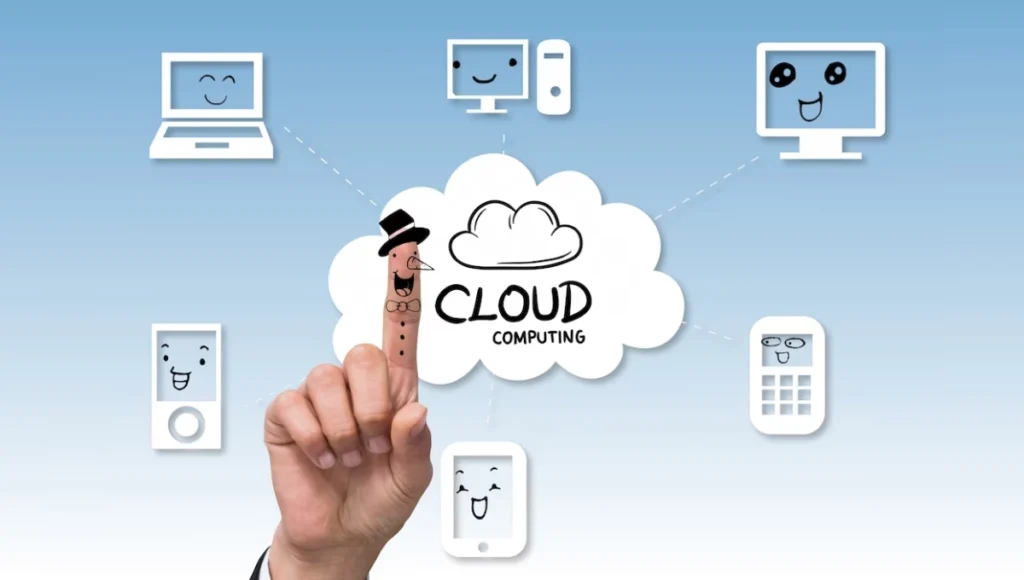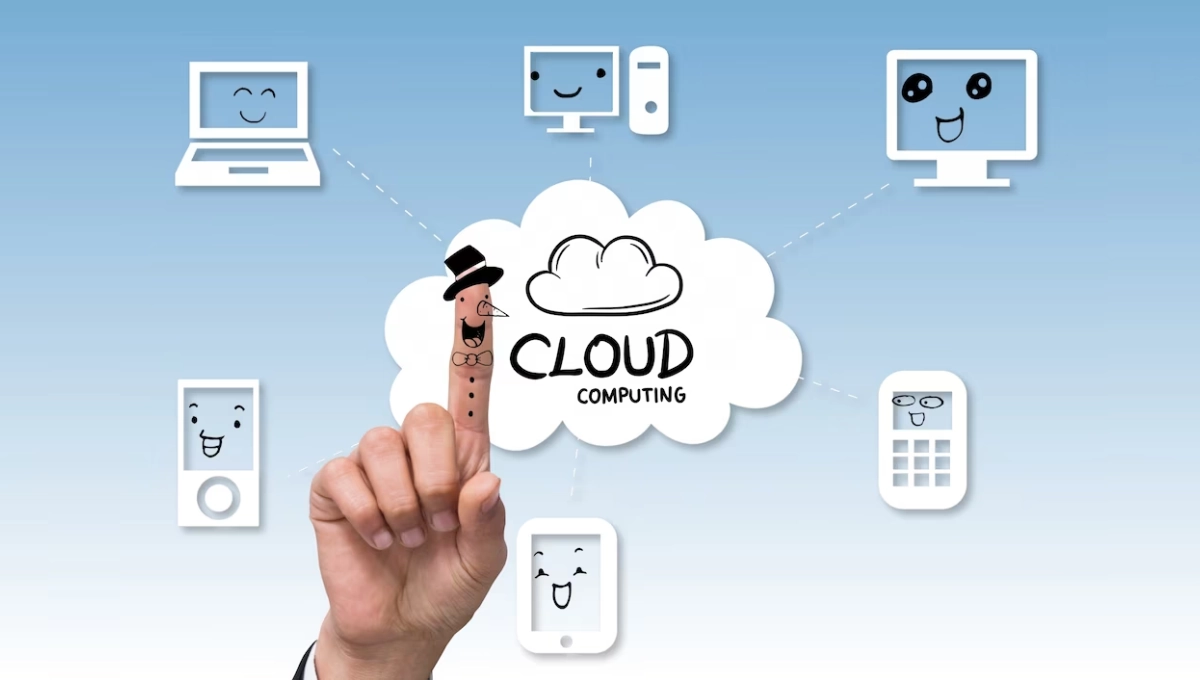Cloud-based software systems have become increasingly popular in recent years, as they offer many benefits to businesses. These systems allow businesses to access software applications and data over the internet rather than storing them on their own servers. This article will discuss the pros and cons of cloud-based software systems, as well as provide best practices for their implementation.

Table of Contents
Definition of Cloud Based Software Systems
Cloud-based software systems, also known as Software-as-a-Service (SaaS), are software applications that are hosted and delivered over the internet. This means that users can access the software and their data from any device with an internet connection.
Pros of Cloud Based Software Systems
Cost Savings
One of the main advantages of cloud based software systems is cost savings. These systems eliminate the need for businesses to purchase and maintain their own servers and IT infrastructure. This can save businesses thousands of dollars in hardware and maintenance costs.
Scalability
Cloud based software systems are also highly scalable, meaning they can be easily adjusted to meet the changing needs of a business. As a business grows, it can easily add more users or increase storage capacity without the need for additional hardware.
Accessibility
Another benefit of cloud based software systems is accessibility. With these systems, users can access their software and data from any location with an internet connection. This allows employees to work remotely or from different offices without the need for expensive VPNs or other remote access solutions.
Reliability and Security
Cloud-based software systems are often more reliable and secure than on-premise software systems. Cloud providers invest heavily in their infrastructure to ensure uptime and data security. They also typically provide regular updates and patches to keep their systems secure.
Cons of Cloud-Based Software Systems
Limited Customization
One of the main drawbacks of cloud based software systems is limited customization. Because these systems are hosted by a third-party provider, businesses may have limited control over the software’s features and functionality.
Dependence on Internet Connection
Another disadvantage of cloud based software systems is their dependence on a stable internet connection. If a business’s internet connection goes down, employees may not be able to access their software or data. This can be particularly problematic for businesses that rely heavily on their software systems to operate.
Privacy Concerns
Cloud based software systems may also raise privacy concerns for some businesses. Because data is stored on a third-party provider’s servers, businesses may worry about the security and privacy of their data. This is particularly true for businesses that deal with sensitive or confidential information.
Comparison with On-Premise Software Systems
While cloud-based software systems offer many benefits, they may not be the best choice for every business. On-premise software systems, which are installed and run on a business’s own servers, offer some advantages as well.
Cost Comparison
On-premise software systems may be more expensive to implement initially, as they require businesses to purchase their own servers and IT infrastructure. However, over time, these systems may be less expensive to
maintain than cloud based software systems, as businesses have more control over their own infrastructure.
Security Comparison
On-premise software systems may also offer some security benefits over cloud based software systems. With on-premise systems, businesses have full control over their data and security measures, whereas with cloud based systems, they must rely on the security measures put in place by their provider.
Customization Comparison
On-premise software systems may also offer more customization options than cloud-based systems. Businesses can tailor the software to their specific needs and make changes as necessary, without relying on a third-party provider.
Best Practices for Implementing Cloud-Based Software Systems

If a business decides to implement cloud-based software systems, there are some best practices they should follow to ensure a smooth and successful transition.
Evaluate Business Needs
Before selecting a cloud-based software system, businesses should evaluate their needs and determine which features and functionality are most important to them. This will help them choose a system that best meets their specific requirements.
Choose a Reputable Provider
When selecting a cloud-based software provider, businesses should choose a reputable provider with a proven track record of reliability and security. They should also carefully review the provider’s service level agreement (SLA) to ensure it meets their needs.
Train Employees
Finally, businesses should invest in training for their employees to ensure they are familiar with the new software and understand how to use it effectively. This can help to minimize disruption and ensure a successful transition.
Conclusion
Cloud-based software systems offer many benefits to businesses, including cost savings, scalability, accessibility, and reliability. However, they may not be the best choice for every business, and there are some disadvantages to consider, such as limited customization and privacy concerns. By following best practices for implementation and carefully evaluating their needs, businesses can ensure a smooth and successful transition to cloud-based software systems.
Also you can read more about
- How to Resolve McAfee Endpoint Encryption Error EE050014
- Sons of the Forest: The New Best Boy of Videogames
- The Ultimate Sons of the Forest Turtle Shell Crafting Guide
- Chasing Legends: The Ultimate Pokémon Go Challenge
- The Meta Llama AI – The Next Generation of Language Model
- Introducing Meta Llama: A Revolutionary Language Model
- From Algorithms to Your Ears: The Magic of Spotify DJ
FAQs
How do cloud-based software systems compare to on-premise software systems?
Cloud-based software systems offer many benefits, such as cost savings, scalability, and accessibility, but they may not offer the same level of control and customization as on-premise systems.
What are some security considerations when using cloud-based software systems?
When using cloud-based software systems, businesses should carefully review the provider’s security measures, including data encryption, access controls, and backups. They should also ensure that the provider’s service level agreement (SLA) meets their needs.
Can cloud-based software systems be customized to meet specific business needs?
While cloud-based software systems may offer some customization options, they may not be as flexible as on-premise systems. Businesses should carefully evaluate their needs and the available options before selecting a system.
What are some of the most important factors to consider when selecting a cloud-based software provider?
When selecting a cloud-based software provider, businesses should consider factors such as reliability, security, scalability, and cost. They should also carefully review the provider’s SLA to ensure it meets their needs.
How can businesses ensure a smooth transition to cloud-based software systems?
To ensure a smooth transition to cloud-based software systems, businesses should evaluate their needs, choose a reputable provider, invest in employee training, and carefully plan and execute the implementation process.
Don’t forget to support us by following us on Google News or Returning to the home page TopicsTalk
Join Telegram and WhatsApp for More updates
Follow us on social media






